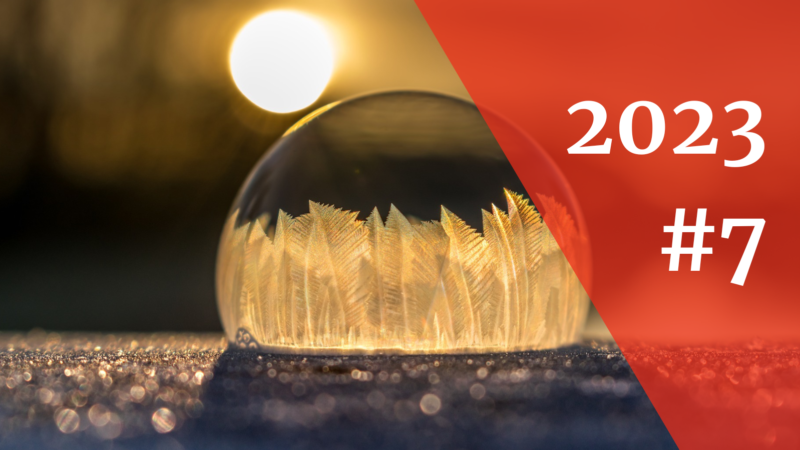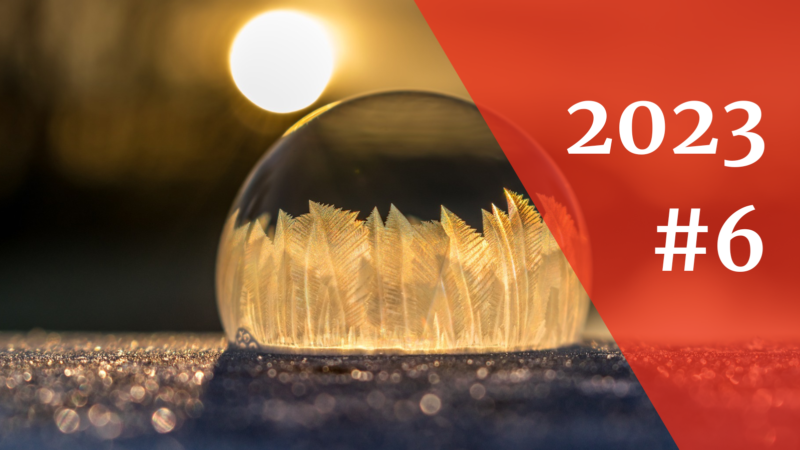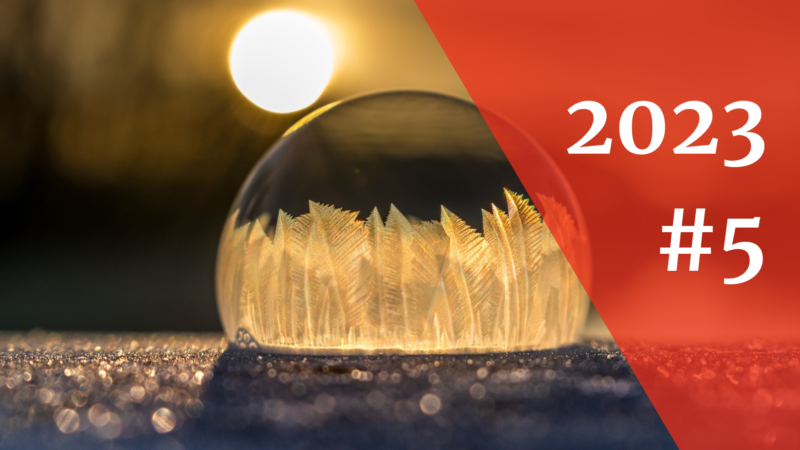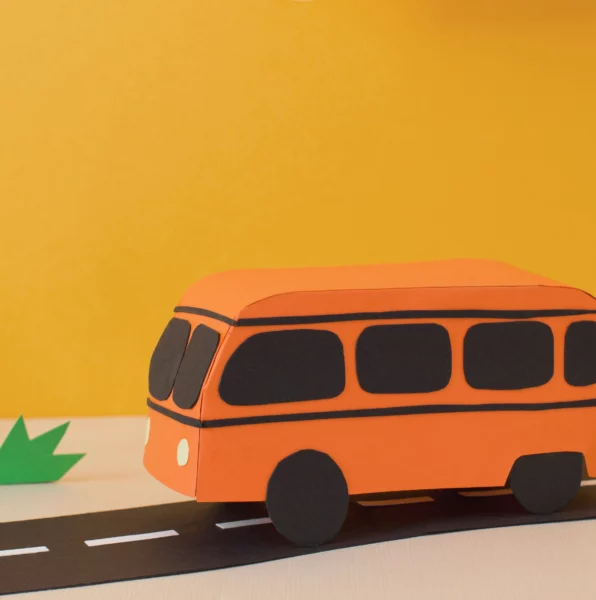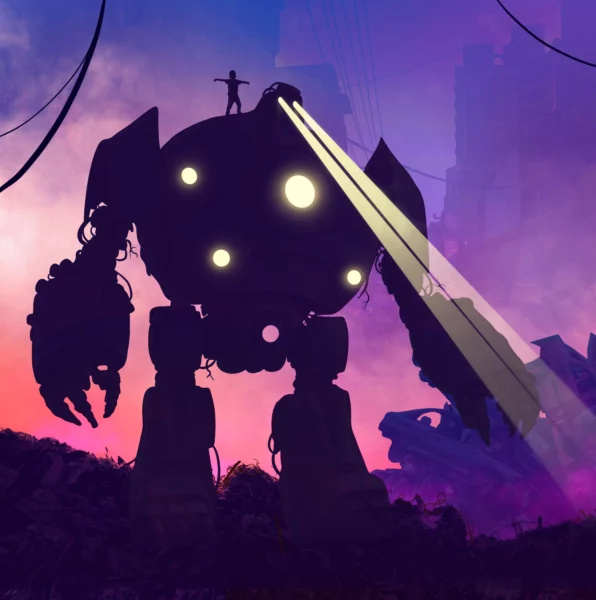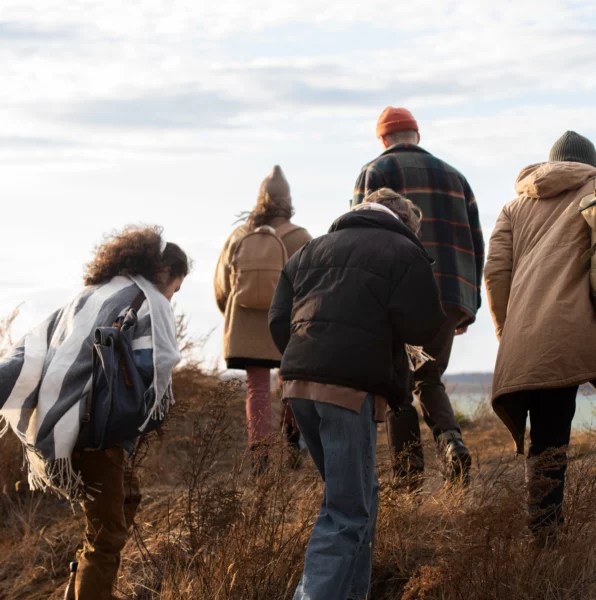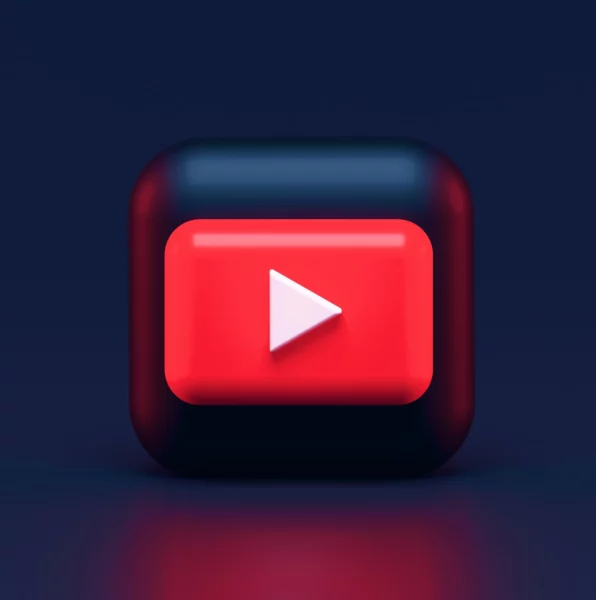The annual PCST Network meeting, Mai Thi Nguyen-Kim’s resignation from her YouTube channel MaiLab and new research on misperceptions surrounding scientific topics. These and other topics as well as current community event dates are available today in the Panoptikum.
Panoptikum 23-8 #PCST #MaiLab #Misperceptions (EN)
As part of our current focus on international science communication we are publishing this community update in English. Every two weeks, the Panoptikum provides an overview of current actions, debates and trends. It also features current job offers, events, and results from research on science communication.
Keep your eyes peeled!
🐦 Those who missed the Public Communication of Science and Technology (PCST) Network conference can follow the highlights of last week’s meeting on Twitter and on Mastodon under the hashtag #PCST2023. Among other things, the challenges of creating common ground in science communication were discussed: „Creating Common Ground is not one-dimensional. Common ground also means heterogeneity, it is also about those who think differently. It is about discussing pre-assumptions and biases, instead of being silently dissatisfied.”
PCST also published a visual summary of the meeting:
Carolina (@cp_marghidan), member of the communications team of #PCST2023, has summarised her learnings of the conference in a beautiful visual. What part connects with you the most? Make sure to give her a shout-out if you like it!
(hi-res image at https://t.co/vpE5luOuNR) pic.twitter.com/DicITBh50p
— PCSTconference (@PcsTconference) April 18, 2023
🌍 From finding common ground to trolling and sexist abuse: A new survey by NGO global witness finds that 39% of all climate scientists polled report online harassment as a result of their work. Of those who experienced abuse, many struggled with anxiety, sleeping problems or a loss of productivity. Fiona Fox, chief executive of the Science Media Centre (SMC) summarizes the institute’s own guidelines: „The guidance emphasizes the importance of not answering or engaging with the negative comments, and of researchers’ institutions supporting them. […] Many scientists might also benefit from tailored coaching in how to cope with online attacks.“
📻 But what happens when institutions communicate their findings on climate science (and beyond)? Bob Lalasz criticizes institutional science communication in his science+story newsletter. He reflects on their hyper-focus on the organization’s own news and services or products: „You’re a bad date. You think you’re making conversation with us, but it’s all about you.“ To address this issue, he suggests bringing in more external experts.
🤖 The online discourse on the responsible implementation of ChatGPT continues. Hong Yang, professor at the University of Reading, suggests: „It’s better to understand the tool and try to integrate it into teaching.“ For example, in a course assignment he encouraged students to use ChatGPT to help them design their projects. This way, he says, they learn how large language models can help develop scientific ideas. At the same time he also cautions against the tools potential negative impacts on diversity and inclusiveness. These considerations are important, as many scientific institutions are getting ready to issue guidelines on the use of ChatGPT in an educational and professional context.
👋 One of the biggest German science YouTube channels is shutting down. In the FAZ’s „obituary“ for MaiLab, Lena Hilf recollects the cultural significance of Mai Thi Nguyen-Kim’s channel for German science communication as a whole. She writes that Nguyen-Kim lifted „nerd topics“ from obscurity and provided unemotional, clear information for the public during the pandemic. Mai Thi Nguyen-Kim will continue working on her TV Show MaiThink X.
Klicken Sie auf den unteren Button, um den Inhalt von giphy.com zu laden.
Know more!
📚 What encourages false assumptions? Anna Katharina Spälti from the University of Exeter in the United Kingdom and her research team found that among a group of more than 5,000 Spaniards misperceptions about genetically modified foods and health risks of 5G technology were particularly widespread – compared to misperceptions about vaccination, homeopathy and climate change. Respondents‘ party affiliation was only associated with misperceptions about climate change. Instead, anti-expert and conspiratorial mindsets seem to be more strongly linked to misperceptions.
📚 How is the corona pandemic affecting cities and neighborhoods? Carla Bagna and Martina Bellinzona from the University of Siena in Italy have studied changes in the linguistic landscape of Florence. This field of research deals with the representation of language in public space and the way people interact with it. To do this, the researchers collected photos and newspaper articles, conducted interviews, and organized online discussion groups, among other things. They found that the first phase of discourses was characterized by resilience, tolerance, hope, solidarity and patriotism, while the second and third phases were characterized by disillusionment, despair and protest.
📚 How is risk assessment and fear related to the information sources people use? John Elvis Hagan from Bielefeld University and a team of researchers surveyed students in Ghana about what media they used to learn about Covid-19. Students who used social media reported higher levels of anxiety compared to others. The use of professional platforms, such as government websites, may potentially ensure that anxiety is not built up as much. When risk perception was high, students who used professional platforms showed lower levels of anxiety.
What’s next?
📆 The Scicomm Masters program of the University of Trento is organizing a free seminar series online. On Apr 26th, from 5-6pm CEST the focus will be on how to communicate (food) product innovation to consumers: „Traditional and digital communication methods will be explored, including the importance of certification and transparency to increase consumer trust.“
📆 From April 14 to May 07, the Science Communication Lab Kiel will exhibit the work show „Visualizing Science“ on visual science communication at the Atelierhaus in Anscharpark. On display are works and interactive exhibits that have been created in recent years for various fields of research.
📆 Until July 30, scientists, research institutions, universities, NGOs and art projects or artists dealing with science can submit their topics for Berlin Science Week 2023. Under the motto „Dare to know: our narratives, our futures,“ the festival center CAMPUS invites you to the Museum für Naturkunde on November 3 and 4.
